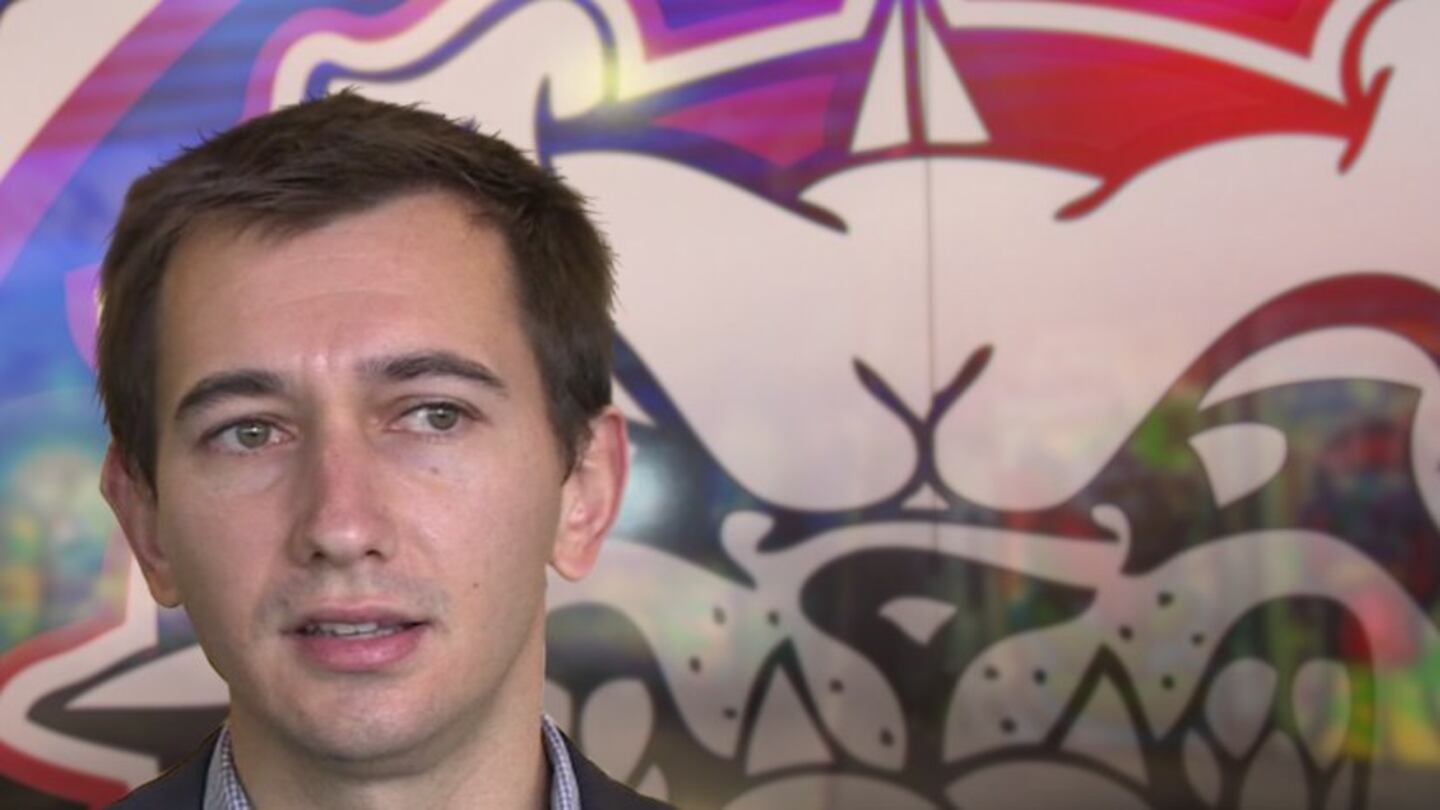National is proposing a bill to ban governments from funding criminal organisations.
The bill comes in reaction to a Ministry of Health decision to grant $2.75 million to Kahukura, a methamphetamine rehabilitation programme administered by the Mongrel Mob.
National's crime spokesperson, Simeon Brown, says the Gang Funding Prohibition Bill would "ensure that any person responsible for the expenditure of public money must take steps to ensure [it] is not used directly or indirectly for the purposes of making payment to gangs."
Kahukura is led by the Chaindogs, a cluster of Mob chapters affiliated to the Notorious chapter of the Mongrel Mob. Marae-based, it takes groups of 10 members, three times a year and attempts to wean them off the drug. It also supports their whanau during the process.
Among the programme's advocates is Ngāti Kahungunu iwi leader Ngahiwi Tomoana, the Hawke's Bay Police and the Ministry of Social Development.
Mongrel Mob arrests
National has branded the programme a "bad joke".
"The Mongrel Mob is organised crime and has been caught selling meth very recently," Brown says.
In May Hawke's Bay police seized $2 million in assets and made six arrests during a major methamphetamine supply operation centred on senior Mongrel Mob members in the region.
Prime Minister Jacinda Ardern is defending the funding saying she, Health Minister Andrew Little and Finance minister Grant Robertson approved the grant. She argued a trial in 2020 had shown "signs of success".
"We either make a decision to fund programmes which, yes, involve people with criminal history but we are determined to address their methamphetamine addiction, or we exclude people with criminal histories from meth addiction programmes," she said.
Speaking to Te Ao Māori News this morning, National deputy leader Shane Reti railed against that: "I understand the importance of lived experience. But the lead to a programme like this needs to have a track record. I would put forward that health and police are a good combination to lead the sort of programme, not the Mongrel Mob."
The programme's format was approved under National in 2010 but Reti says it being overseen by the Mongrel Mob would "legitimise and normalise gang behaviour."
Reaching the hard to reach
"We're concerned recruiting and other unhealthy behaviours might happen with this vulnerable group," Reti said.
The Ministry of Health's deputy director-general mental health and addiction Toni Gutschlag justifies the funding. Gutschlag says drug use is prevalent in gangs and “there was a gap in current service provision, which the proposed initiative provided a way to fill, engaging with a hard-to-reach segment of the community.”
Stuff reports the programme involves participants going on fishing trips and hiking, as well as working on a “community garden” at the house of the president of the gang Sonny Smith.
Reti was challenged on much of the nation's gang culture being attributed to generations of abuse of young people in state care. He agreed people with "lived stories" should be part of rehabilitation but cited Te Ara Oranga, a programme in Northland.
"Te Ara Oranga has the lived experience people who are the people that you're describing but they are not the lead. They are invited into the programme. And when they're invited in, it's made sure that it's a safe environment for the participants. None of that is apparent when the Mongrel Mob is the lead." Reti said.
The funding of Kahukura comes three weeks after the Ministry of Health declined funding of the rangatahi mental health initiative Gumboot Friday. The programme is led by comedian turned mental health campaigner Mike King.
Funding mob, not King
In a statement the ministry said Gumboot Friday’s proposal was "sent outside the planned procurement processes."
Dr Reti said "They made a choice to fund the Mongrel Mob and not Mike King. I think they need to answer that. I can't explain why you would make that sort of decision, other than we would not."
It's unclear if National's bill would prevent the $2.75 million from going to Kahukura as the programme is housed by a separate organisation, Hard2Reach. Hard2Reach administrators are Mongrel Mob affiliates.
Mongrel Mob representatives said they were unable to comment, citing confidentiality clauses within their Ministry of Health agreement.
National's bill will join Parliament's private members' bills queue. Every second Wednesday the House gives precedence to local, private, and members' bills.
At least eight members' bills awaiting first reading must be on the Order Paper on each members' day. When a space on the Order Paper becomes available, a ballot is held to decide which members' bill(s) will be introduced.

